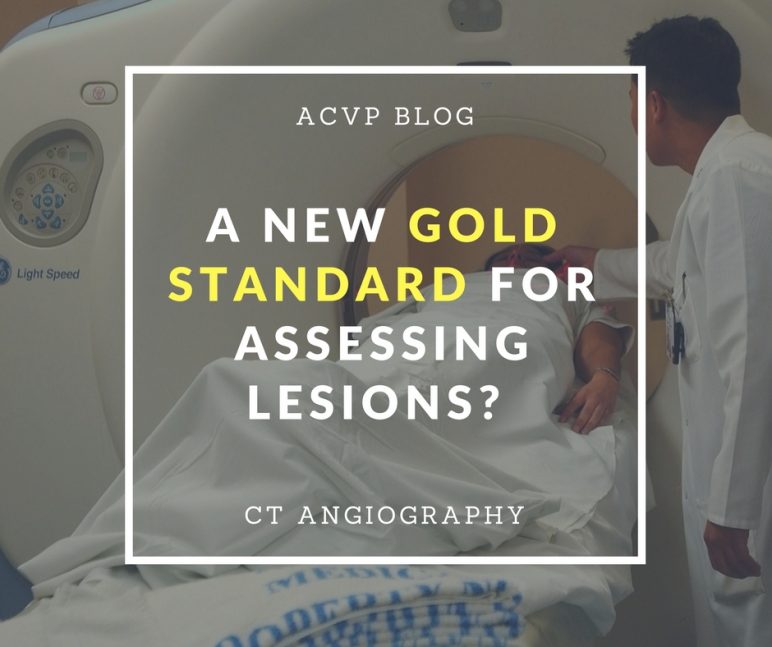CVTs, RNs report higher wages in 2017
A national survey of cardiovascular professionals in Cath, EP and combo labs showed strong wage growth for Cardiovascular Technologists and Registered Nurses from 2015 to 2017.
National average hourly wages reported by CVTs and RNs grew significantly—from $30.81 to $33.16 and from $36.64 to $39.57, respectively—while average wages for Radiologic Technologists regressed from their 2015 highs—from $36.13 to $34.61—according to the 2017 CATH/IR/EP Wage Survey presented by SpringBoard Healthcare.
"While each licensure all had moderate wage growth between 2011 and 2013, in 2015 the trends of the different licensures diverged," reads the SpringBoard report. "RNs and CVTs actually decreased in 2015, while RTs had very strong growth (almost 6%); however, in 2017 that trend reversed as RNs and CVTs had extremely strong growth (almost 10%) while RT compensation decreased."
Take ACVP's 11 minute survey now for more complete data & detailed analysis.
Over the period SpringBoard has surveyed wage trends for Cath/IR/EP professionals—2011 to 2017—CVTs have shown the strongest wage growth "by a large margin" compared to RNs and RTs in the West, Northeast and South regions.



